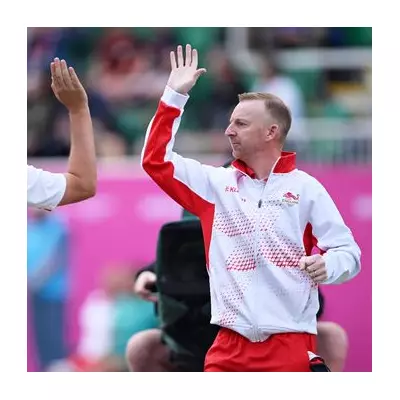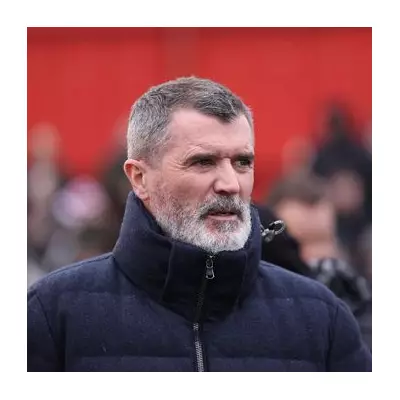
A heated confrontation unfolded between Democratic representative Alexandria Ocasio-Cortez and former NCAA swimmer Riley Gaines during a landmark debate on transgender participation in women's sports, moderated by Olympic champion Sharron Davies.
Olympic Champion Takes Centre Stage
Sharron Davies MBE, Britain's swimming legend and Olympic silver medallist, found herself moderating one of the most contentious discussions in modern sports politics. The debate brought together opposing viewpoints from across the Atlantic, highlighting the deep divisions within the sporting community.
'This isn't just about competition - it's about the very definition of women's sports,' Davies stated, drawing from her own extensive experience in elite athletics.
Gaines Defends Female Athletes' Rights
Riley Gaines, the former University of Kentucky swimmer who competed directly against transgender swimmer Lia Thomas, brought firsthand experience to the debate. 'When I was forced to share a changing room with a biological male, that's when I knew this had gone too far,' Gaines asserted during the emotional exchange.
Gaines detailed her experience of tying with Thomas in the 200-yard NCAA championships, only to see the trophy awarded to her transgender competitor. 'That moment represented everything that's wrong with current policies,' she argued.
AOC Champions Transgender Inclusion
Congresswoman Alexandria Ocasio-Cortez countered with a passionate defence of transgender rights, emphasising inclusion and diversity in sports. 'We cannot solve discrimination with more discrimination,' the New York Democrat declared.
Ocasio-Cortez argued for case-by-case assessments rather than blanket bans, suggesting that current debates often overlook the complexity of individual circumstances.
The British Perspective
Davies, representing British sporting interests, highlighted how this debate resonates deeply in the UK, where sporting bodies like British Swimming continue to grapple with inclusion policies. The Olympic medallist emphasised the need for balanced solutions that protect both fairness and dignity.
'We cannot ignore the biological advantages that come through male puberty,' Davies noted, while acknowledging the importance of creating inclusive sporting environments for all athletes.
Wider Implications for Women's Sports
The debate underscores a growing international concern about the future of women's competitive sports. With governing bodies worldwide reviewing their policies, this discussion represents just the beginning of a much larger conversation about equality, fairness, and inclusion in athletics.
As Davies concluded: 'We must find a way to include transgender athletes without erasing the hard-won opportunities for biological women in sports.'





